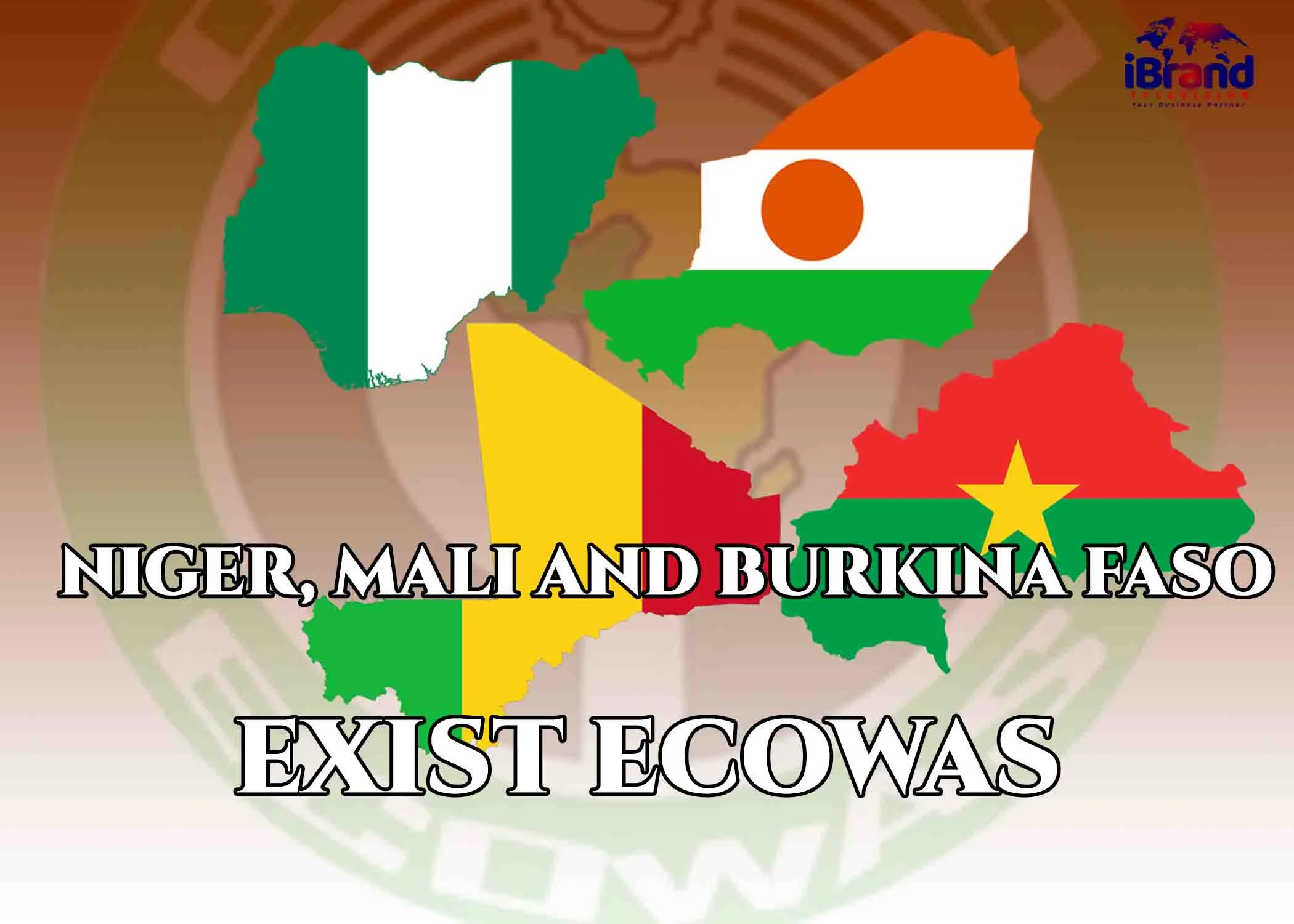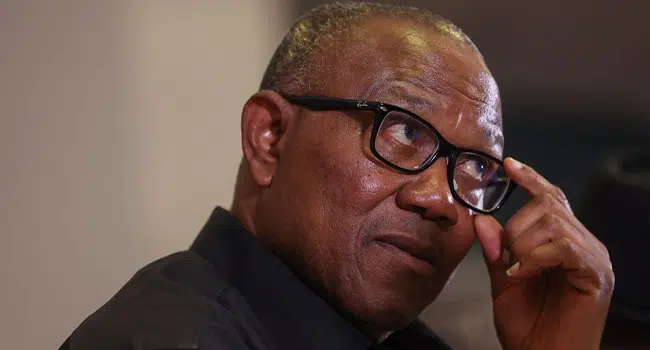Establishing political stability and economic cooperation among its member states, the Economic Community of West African States (ECOWAS) has been a pillar of regional integration since its founding in 1975.

But the organisation is facing one of its toughest times, with some member states ringing the departure bell.
Mali, Niger, and Burkina Faso all witnessed military coupe recently, and with that, the tide has shifted away from its usual flow.
Now the three countries have declared their desire to be out of ECOWAS.
The news has left a ripple implication through the region, particularly impacting Nigeria.
The exit of key players like Mali, Niger, and Burkina Faso from ECOWAS could disrupt regional trade dynamics, leading to economic ripples across West Africa.
Let’s explore the multifaceted dimensions of this decision alongside ECOWAS’s pivotal role.
1. Political Turmoil And Security Risks
The exist of Mali, Niger, and Burkina Faso from ECOWAS poses a significant risk of destabilisation in the region, heightening security concerns and political tensions.
Also, without the mediation and conflict resolution mechanisms provided by ECOWAS, the likelihood of insurgencies and cross-border conflicts increases, directly impacting Nigeria’s security interests.
2. Economic Disruption And Trade Consequences
The absence of Mali, Niger, and Burkina Faso from ECOWAS upsets the dynamics of regional commerce, which has an impact on Nigeria’s economy.
Loss of market access and trade agreements could impede Nigeria’s export-driven economy, leading to economic downturns and trade imbalances.
Also, there are other impacts like loss of trade agreements, tariff Hikes, customs delays and investment opportunities. Indeed, all of these may hamper economic growth and development in the region.
Also Read: How ‘No Gree For Anybody’ Is Breeding Violence
3. Development Setbacks And Humanitarian Challenges
The exit of these key players in ECOWAS undermines regional development efforts, exacerbating humanitarian crises and socio-economic challenges.
Nigeria, as a major player, faces increased pressure to address humanitarian needs and support vulnerable populations, straining resources and infrastructure.
Advantages of Autonomy: Mali, Niger, And Burkina Faso’s Path Beyond ECOWAS
Notwithstanding the difficulties, Mali, Niger, and Burkina Faso now have more freedom to make their own political and economic policies as a result of leaving the organisation.
In order to potentially open up new doors for growth and development, they can pursue collaborations outside of ECOWAS and modify regulations to meet particular demands.
In conclusion, West Africa will be greatly impacted by the possible departure of Mali, Niger, and Burkina Faso from ECOWAS, with Nigeria at the forefront of both opportunities and problems.
The role of ECOWAS as a regional integration and cooperation catalyst is still critical as the region navigates these complexities.

